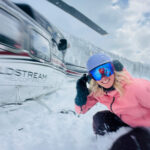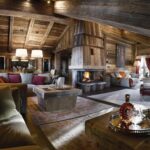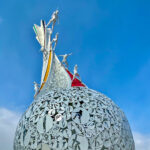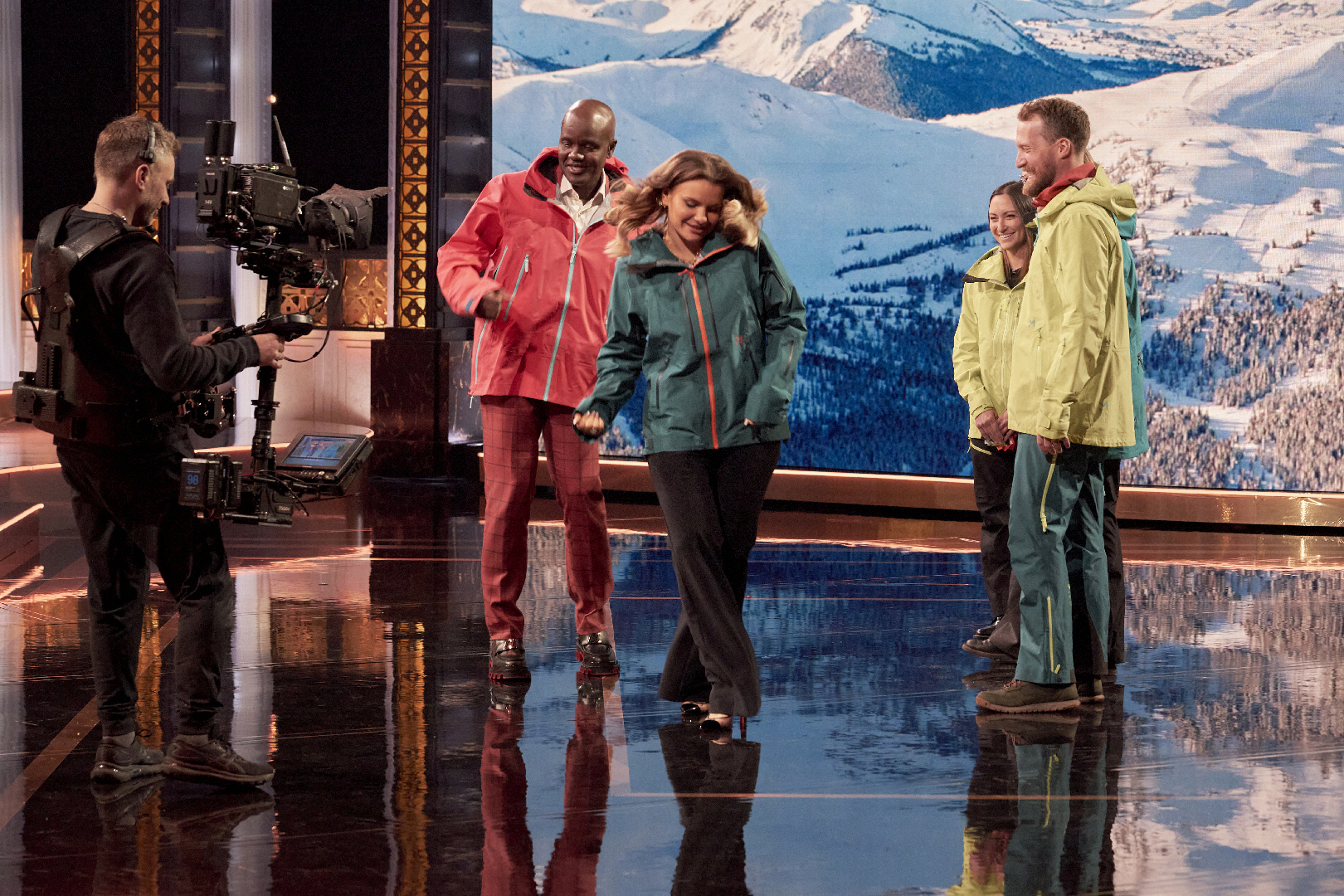
Two Canadian ski brands fight for their futures on reality TV
There’s a gladiatorial element to CBC’s reality investment show Dragons’ Den. Five millionaires sit on a raised pedestal. Television viewers fill the virtual stadium around them. Entrepreneurs select from their sales arsenal to fight for their company’s future. Like the Roman contests, Dragon’s Den is popular; it’s broadcasting its 18th season.
This fall two Canadian ski brands, Vancouver-based MADE Custom Apparel and Quebec’s Ferreol, jumped into the arena to fight for glory…and money.
“Reality television is wild,” says Dustin Butcher, a co-founder of MADE. “It’s a business show and investor show, but it’s still a show. I’m not sure I was cut out for reality TV.”
Dragons’ Den features five successful business people fielding pitches from entrepreneurs asking for cash and expertise in exchange for ownership in an early stage company. The sales presentation and negotiation happens in front of the cameras and are edited into the episode.
Butcher and his two co-founders, Cheryl LeBarr and Capri Philip, appeared on episode 11 and asked the Dragons for a $300,000 investment in exchange for 10 percent of their business. Their presentation showed the Dragons how MADE’s proprietary technology allows them to custom build technical ski jackets and pants for about the same price as off the rack, top-of-the-line apparel from Arc’teryx or Patagonia. The process avoids many of the pain points of the big brands, including high levels of return, over production and limited sizing.
“We are structured so well for being big scale,” Butcher told the Dragons. “There are businesses in the outdoor space that are all well past a billion dollars.”
But the Dragons got hung up on the high cost of doing business. MADE estimates it won’t be profitable until 2025. Manjit Minhas, the CEO and co-founder of Minhas Breweries, Distillery and Winery, summed up the general sentiment of the Dragons.
“My capital is not patient. I’m out,” she said.
Veteran Dragon Arlene Dickinson saw more potential, but wanted a much bigger stake in the company, 35 percent rather than 10.
Butcher tried to negotiate, but Dickinson balked at the counter. As the MADE crew walked off stage, rejected by the Dragons, the cameras caught Minhas noting Butcher didn’t consult his two female partners before turning down the offer.
“The way they edited the show, I came off as a misogynist,” Butcher says. “That’s not me. We were coached to have a number in mind.”
The founders agreed they were going to take anything up to 15 percent. Fifteen to 25 would require a conversation. Anything over 25 didn’t make sense for what they had put into the business. 35 percent was an “easy no,” says Butcher.

But I signed up for reality TV. I knew what I was getting into.

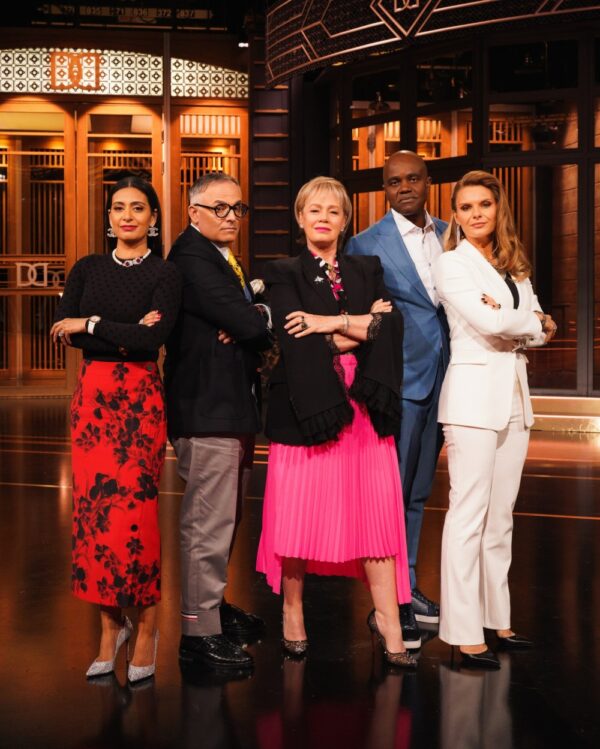
“It bummed me out because it’s my reputation,” he says. “But I signed up for reality TV. I knew what I was getting into.”
Ferreol, a boutique ski manufacturer, made out better. Their presentation, part of episode five, opened with co-founder Jonathan Audet at the top of a ski ramp set up on the Dragons’ Den stage. Audet wowed the Dragons by flipping and sliding a rail.
“That was the best pitch ever,” quipped Robert Herjavec, before Audet and his co-founder Felix Lapointe had said a word.
The duo asked the Dragons for $400,000 for a 10 percent stake in Ferreol. The $1-million in ski sales got the Dragons’ attention. But it was their alternative to Titanal that had the Dragons parrying to partner. Ferreol has developed a competitor to the ubiquitous metal alloy used in skis. Audet says it is more durable and performs better and Ferreol has already secured $21-million in orders from other ski brands.
Four Dragons made offers. Michele Romano’s $400,000 for a 25 percent stake was the best and the tech entrepreneur’s position on the board of Vail Resorts sealed the deal. Audet and Lapointe walked off stage happy.
Butcher says Romano’s Vail connections also made her a target of MADE.
“We thought she’d get what we are doing,” he says. “But within two minutes we realized none of them did.”
No matter. In the six months between when the show filmed in June and aired in November MADE’s business focus has shifted. It continues to diversify its custom apparel line—a bib pant is coming soon—and is collaborating with several ski-related companies to produce small batches of branded clothing. Announcements on those collaborations will come in the new year. And they are looking at licensing their technology to allow other brands to offer custom outerwear as well.
Butcher says the Dragon’s Den experience helped the team hone in on these new opportunities. But he’s not sure if he would have gone on a reality television show knowing what he knows now of the producers’ tendency to drum up drama.
“The power dynamic is so lopsided,” he says. “For normal humans going into that environment, it’s a lot.”
Kind of like being gladiators thrown into a coliseum to fight for their lives. But in this case they’re not facing lions, but dragons.
